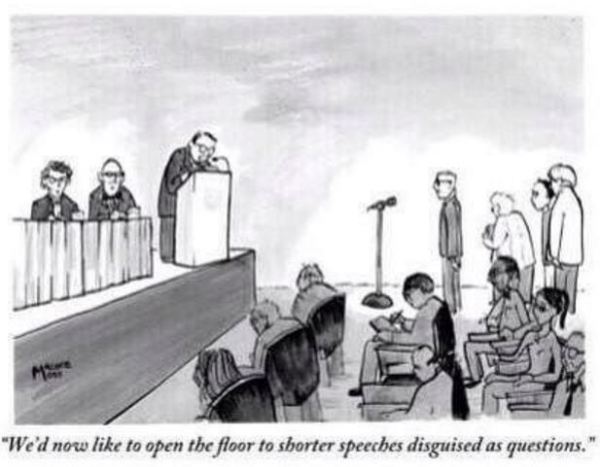The XVII edition of the “Neutrino Telescopes” conference closed its works yesterday after a lively debate on the future of the neutrino physics program in Europe. I followed the works and published in the conference blog over 60 articles summarizing the presentations, which ranged from descriptions of the status of construction of new detectors, to hot new results, to cosmology discussions, to theoretical overviews, to poster contents. You are welcome to visit the site here. Don't forget to scroll down - as I said, there are over 60 new entries since the second week of March.
Here I would like to give my own impressions of the picture that has been drawn this week of a lively field of research in fundamental physics – one that encompasses very naturally accelerator and particle physics, cosmology, astrophysics, nuclear physics, detector development, and a number of ancillary topics that range from geophysics to sea science.
 https://neutel11.files.wordpress.com/2017/03/speeches.jpg?w=150 150w, https://neutel11.files.wordpress.com/2017/03/speeches.jpg?w=300 300w, https://neutel11.files.wordpress.com/2017/03/speeches.jpg 617w" sizes=" 600px) 100vw, 600px" />
https://neutel11.files.wordpress.com/2017/03/speeches.jpg?w=150 150w, https://neutel11.files.wordpress.com/2017/03/speeches.jpg?w=300 300w, https://neutel11.files.wordpress.com/2017/03/speeches.jpg 617w" sizes=" 600px) 100vw, 600px" />Above, the picture and the content look remarkably similar to the view during the discussion session of Friday afternoon at Neutel XVII
I find it good that there be a number of competing initiatives attacking several nagging questions – the mass hierarchy of neutrinos being only the most evident example. What I find a bit annoying is that there is no “grand plan”. At a time when fundamental science faces big challenges from continuous reduction of funds (and we have not seen the US budget for science yet), it seems a bit futile to have many experiments fighting over the question of who will have a zero point something better sensitivity on this or that parameter in ten years.
Stated in another way, there is richness in a diverse program with many bright leaders taking arms simultaneously attacking the big problems that neutrinos have brought to our table in the course of the past 20 years or so, but there is also a feeling of suboptimality of the budget choices and of the knowledge return that this multi-pronged attack entails.
What Carlo Rubbia said yesterday during the discussion session, and what Luca Stanco also echoed (you can find some trace of it in the previous article here), are important questions. It seems that the global neutrino plan lacks coherence, and this harms everybody, especially people who might not have twenty years to get an answer to questions they want to know an answer to in their lifetime (and this includes me and you, of course). It may be a provocatory statement, but it is what goes through my mind at the moment, and I thought I had the right to express it in this less-than “institutional” piece here.
Apart from this critical consideration, as a HEP physicist I envy the large amount of important issues that the neutrino experiments have at arms’ reach in the next decade. The LHC, I am positive, will NOT discover any new beyond-the-standard-model physics. I was among the first to say this out loud, when I bet (and later won) $1000 on the statement, and I continue to say it with doubled conviction. And if the discovery that neutrinos are massive had an impact comparable to the rearrangement of the furniture in our living room -not a revolution of our understanding, that is, and not properly “new physics”- they are offering us more knowledge gain per buck than any other fundamental physics endeavour around.
----
Tommaso Dorigo is an experimental particle physicist, who works for the INFN at the University of Padova, and collaborates with the CMS experiment at the CERN LHC. He coordinates the European network AMVA4NewPhysics as well as research in accelerator-based physics for INFN-Padova, and is an editor of the journal Reviews in Physics. In 2016 Dorigo published the book “Anomaly! Collider physics and the quest for new phenomena at Fermilab”. You can purchase a copy of the book by clicking on the book cover in the column on the right.





Comments